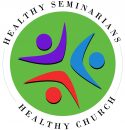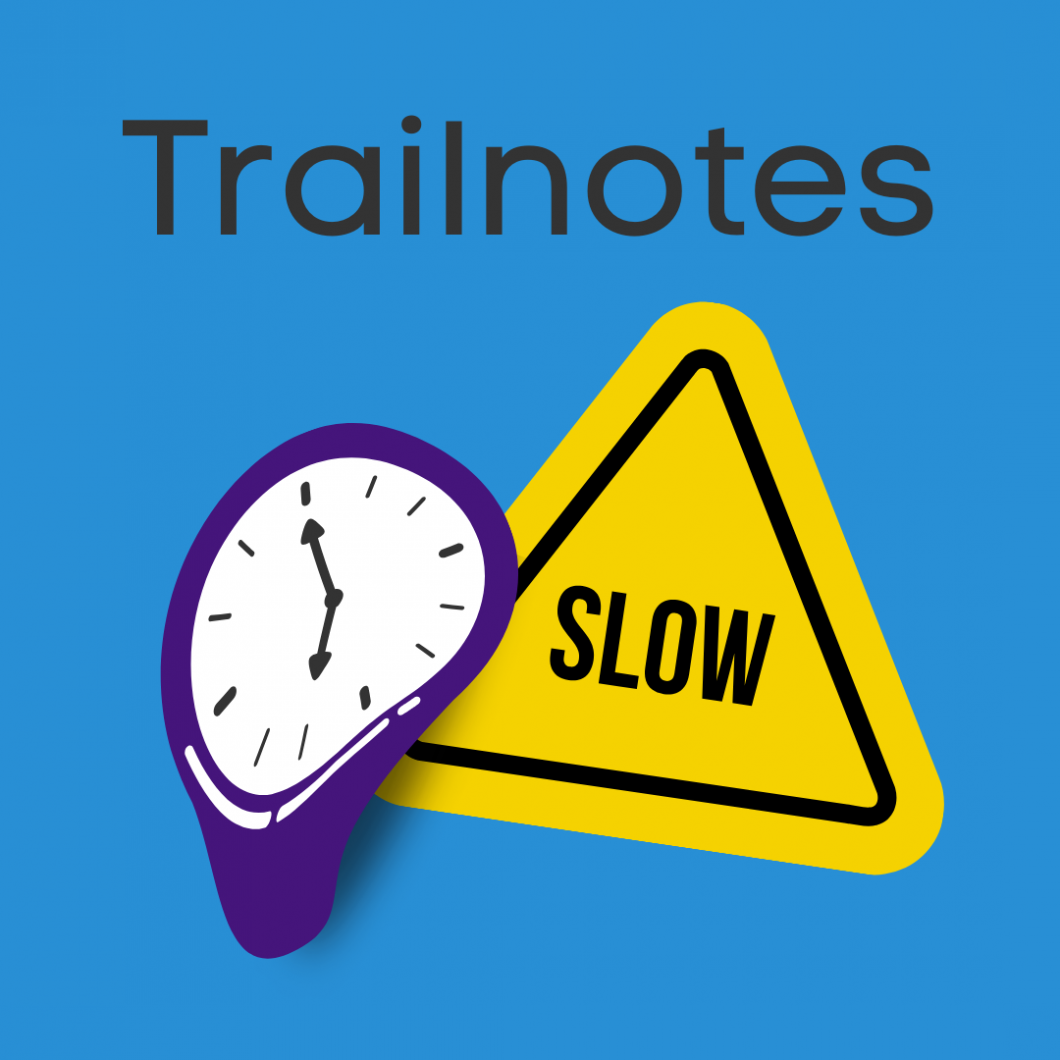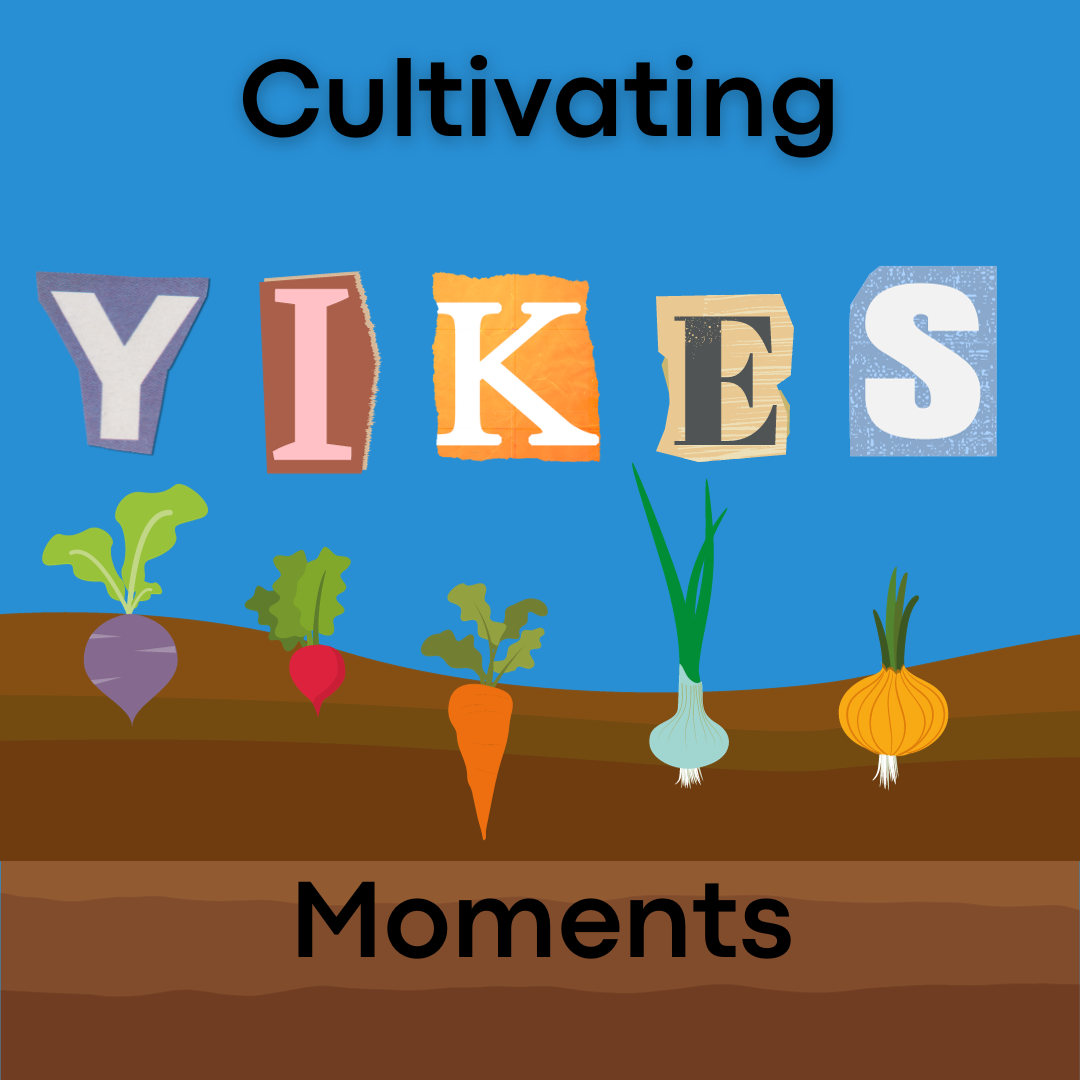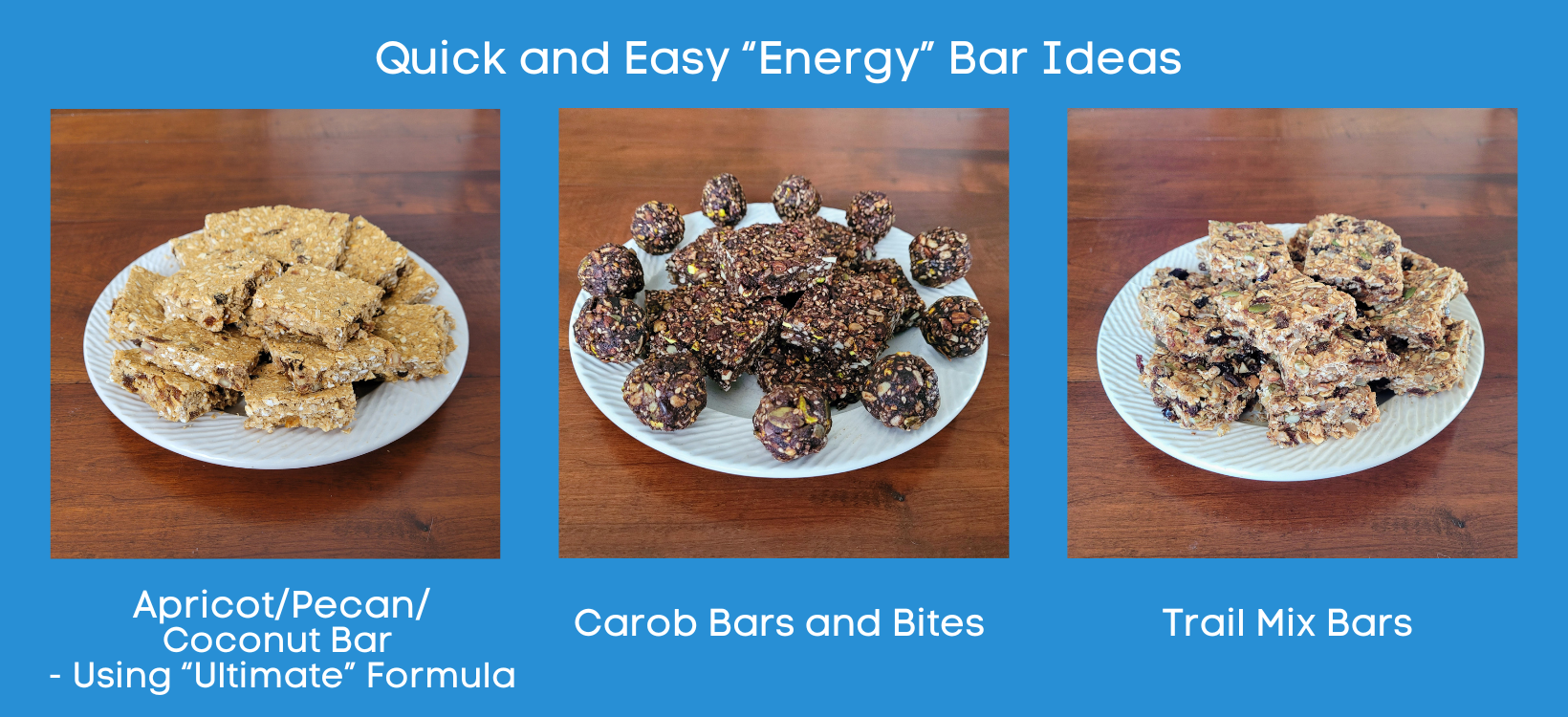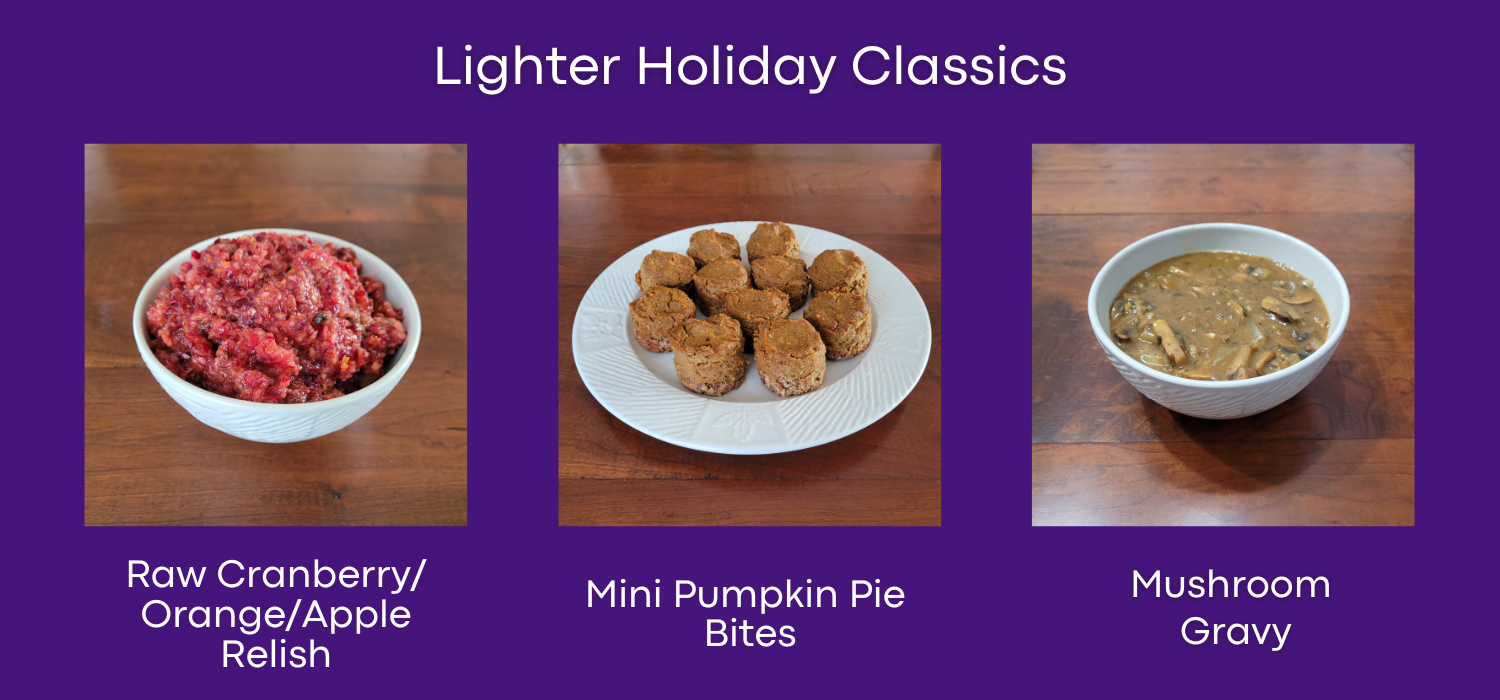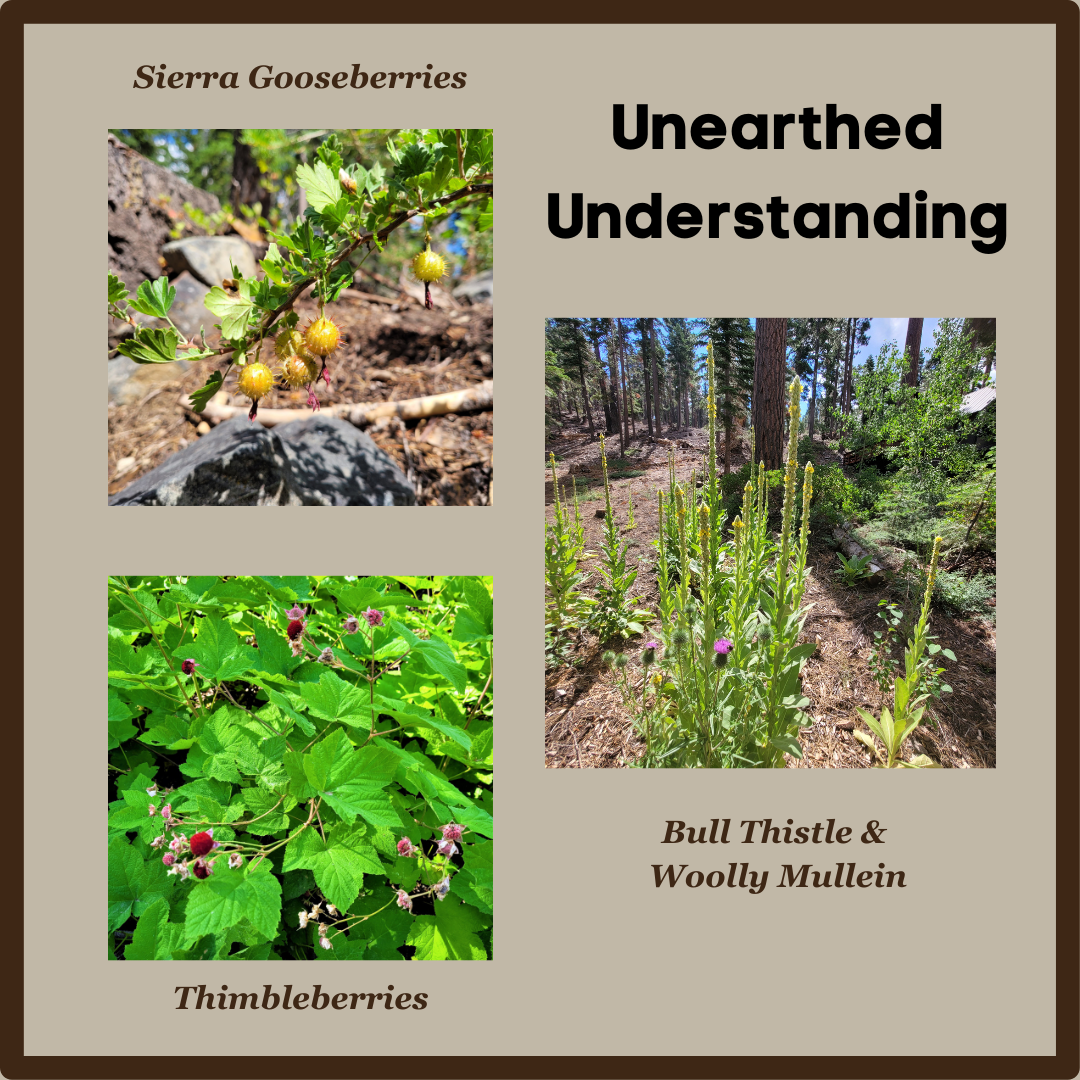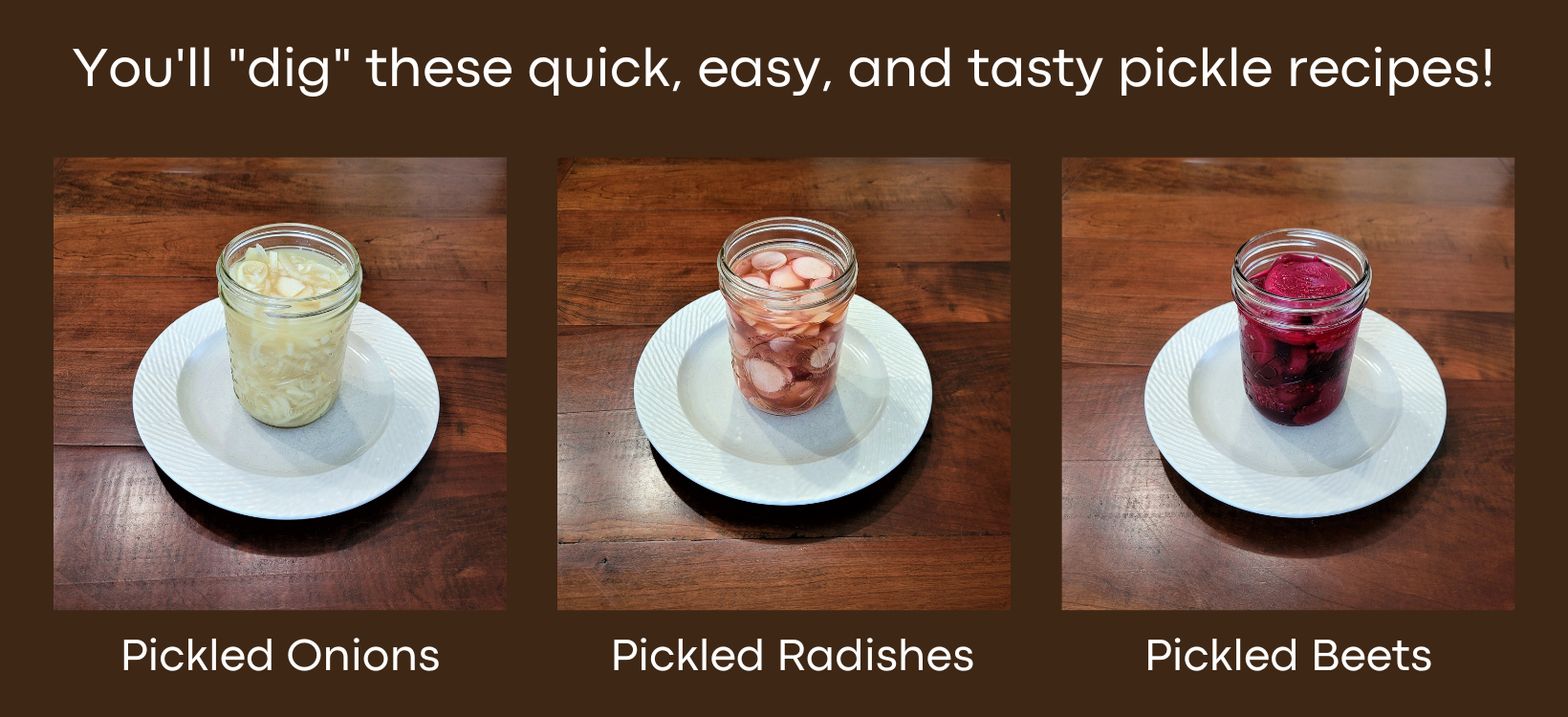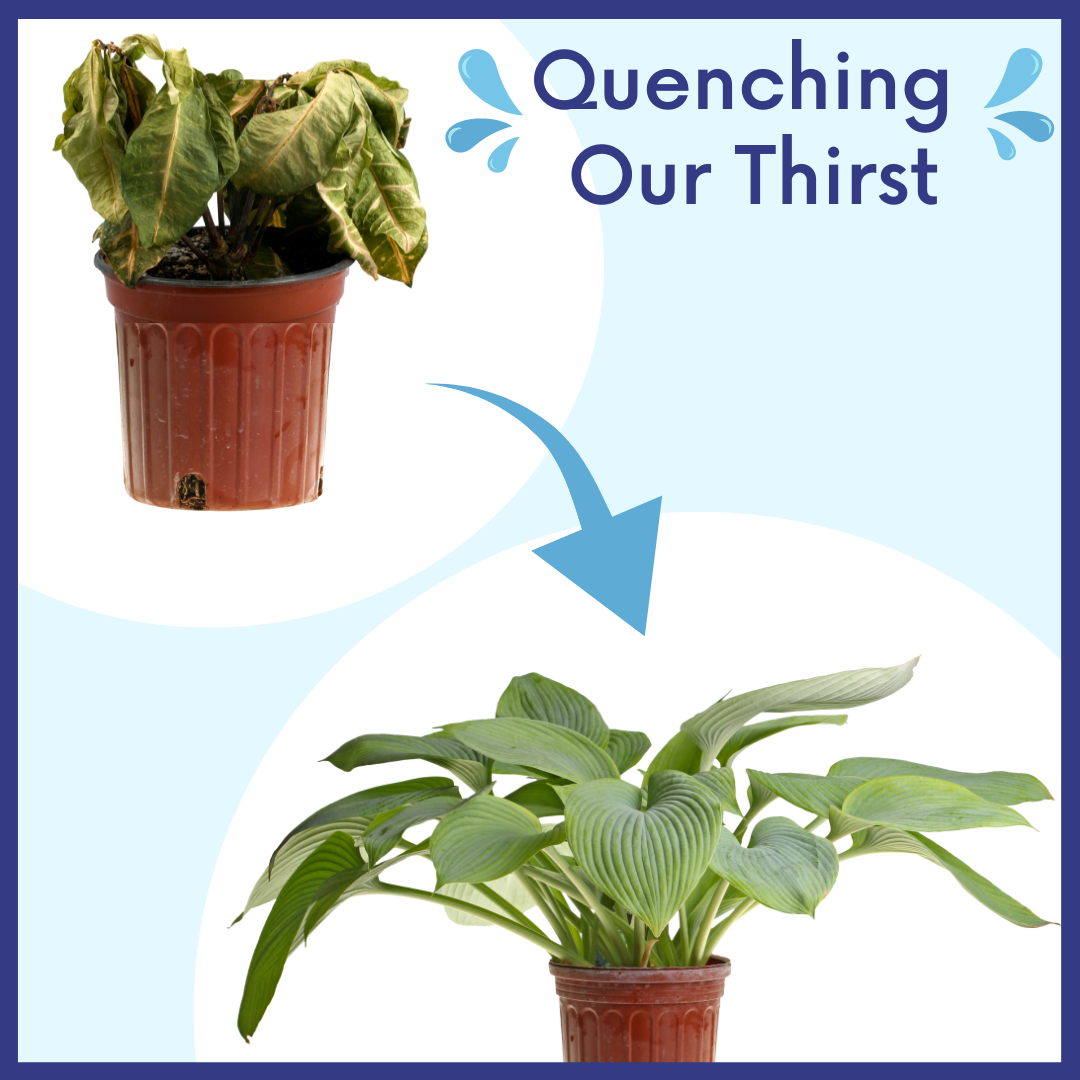Pumpkin Hummus
Servings: 4
Quick and easy. Use it on sandwiches, as a salad topper or vegetable dip, and more!
Ingredients:
- 1 15-ounce can (drained) or 1 ¾ cup cooked chickpeas
- 1 cup pumpkin puree or roasted pumpkin
- 1 teaspoon salt
- ½ teaspoon chili powder
- ½ teaspoon ground cumin
- 2 TBSP tahini
- 1-2 TBSP vegetable broth (or water)
- 2 TBSP lemon juice
- 3 cloves garlic or ¾ tsp granulated garlic or ⅓ tsp garlic powder
- Optional: ¼ to ½ tsp smoked paprika
Directions:
- Place all of the ingredients in a food processor or blender or use an immersion blender to process until smooth and creamy.
- Add 1-2 TBSP of vegetable broth (or water) if the hummus is too thick.
- Adjust seasonings to your preference.
- Enjoy!
Adapted from and image courtesy of: https://littlesunnykitchen.com/pumpkin-hummus/
